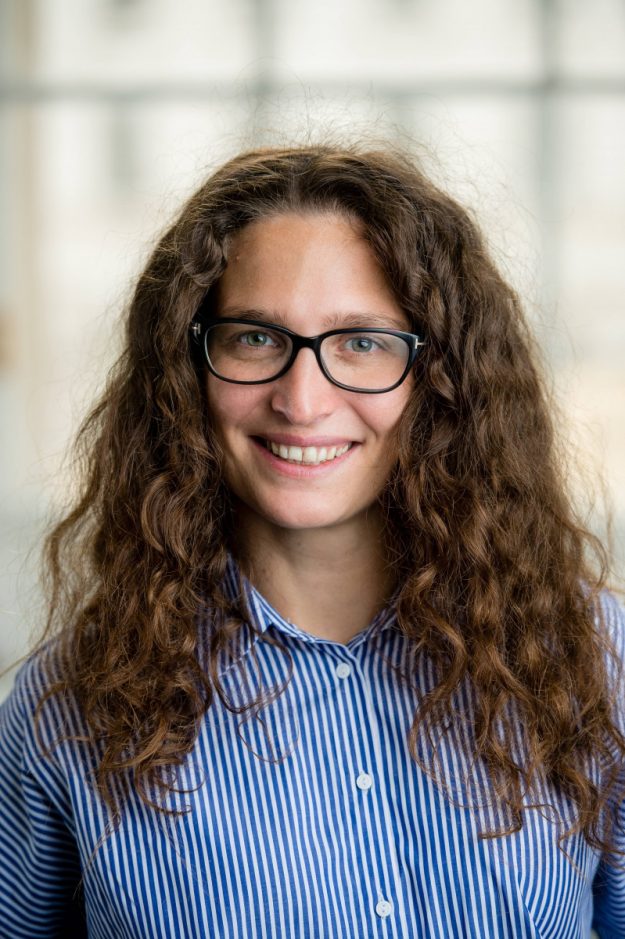By Marta Musso and Lina Rahm, first published in our division’s Biennial Report 2019-2020 “Integrative Humanities”

During the summer of 2020, the journal Nature conducted a study on how the pandemic had affected postdocs’ careers as well as their well-being. Six out of ten stated that the pandemic had worsened their career opportunities, and more than half stated that they had experienced work-related anxiety and worry. The title of the article that presented the study was accordingly Postdocs in crisis.
One could say that a crisis is an event where the normal order of processes and institutions can no longer cope with new external conditions. The Coronavirus has revealed to us how we, as humans, are inevitably interlinked to a more-than-human world, a world which, in many ways, is also incalculable and outside the comfort zone of established knowledge (see the first-hand experience of dealing with the Coronavirus by Division Professor Marco Armiero, at this link). Further, it seems like the Covid crisis has been more conspicuously framed as a crisis of death, mourning and suffering, than, for example the so-called migrant crisis in 2019, where institutional problems were more highlighted (instead of the death, mourning and suffering connected to that). How societal phenomena are framed thus seems to depend on who is ‘touched by’ its consequences and how. As Marxist art critic J.J. Charlesworth tweeted: “There was never any lockdown. There were just middle-class people hiding while working-class people brought them things.”
So, even though we have been affected and concerned by the pandemic in many ways, we must also be ‘read’ with our privileges in mind. We could, to a large extent, avoid the worst rampages of the virus, and we were fortunate to work in a department that did its utmost to accommodate the new conditions of the distance mode. By creating a convivial and participatory atmosphere – through virtual APT meetings, higher seminars, helpful “shut-up-and-write” workshops, computer-mediated “semla celebration fika” (and physical stroll-meetings with social distancing) – we have been spurred to continue to take part of the research environment in very concrete ways.
If one important element for researchers has emerged from this pandemic, and especially for researchers using historical documents (NB: it’s not only historians!!), it is the importance of accessing archives in the digital sphere. Digitisation processes have been discussed and prepared for by archivists and institutions for at least the past 20 years, since the World Wide Web started to spread. Most archives, at least from rich countries, have opened a web presence of some sort; many are proceeding fast towards the complete digitisation of their collections, in order to allow researchers to access their documents 24/7, anywhere in the world. Others have at least a web presence where it is possible to search their catalogues through search engines, making archival research as fast and immediate as ever, usually from national-level portals, or hosted by the national archives of their country. International-level portals aggregating archival institutions from many different countries have also started to emerge (think of Europeana, Archives Portal Europe, or Internet Archive), institutions with very ambitious goals of becoming parallel entities to Google, where it is possible to search for all pre-digital cultural production as well. Before the pandemic, these projects never gathered too much attention. Except for archivists actively campaigning for digital access, digital archives were still a niche subject. Some professionals even boycotted them out of fear of making the physical institutions obsolete; researchers still traditionally work by organising their research around the trip to the archive; only a handful of institutions allow requests of digitisation on demand – something that now, with the pandemics, professional archive-goers have discovered the hard way. With institutions closed, billions of documents and related researches are on hold; conversely, collections that are available online are flourishing, providing a much-needed lifeline to researchers who are sometimes working on tight deadlines, and whose jobs expire when the funds expire, whether or not the research was carried out.
On a personal level, our post-doc research projects can still continue thanks to something that now feels like fantastic planning skills, but that really was just a stroke of luck. During previous archive trips, both of us photographed and digitised (“for personal use”) an amazing quantity of documents, which was too much for a single research task, but which are now being used for our current studies. The decision of taking thousands of photographs during the archive trips was not due to the idea that there might one day be a pandemic: indeed, before Coronavirus, our idea of a pandemic resembled a thrilling zombie apocalypse; never had the idea of “staying at home” and “social distancing” crossed our minds. The rationale behind it was to make the best use of the money and time spent on trips to very distant institutions, and because of the desire to check every single piece of a folder, while allowing for time, later on, to view and review as many papers available in the archive as possible.
Now that we cannot go to the physical archives, our own digital memories of the archives became the new archives that we could inhabit. Hopefully, the pandemic has helped to raise awareness of the importance of digitisation as a fundamental aspect of accessing our heritage, and something complementary, not in opposition, to archives and museum institutions.


